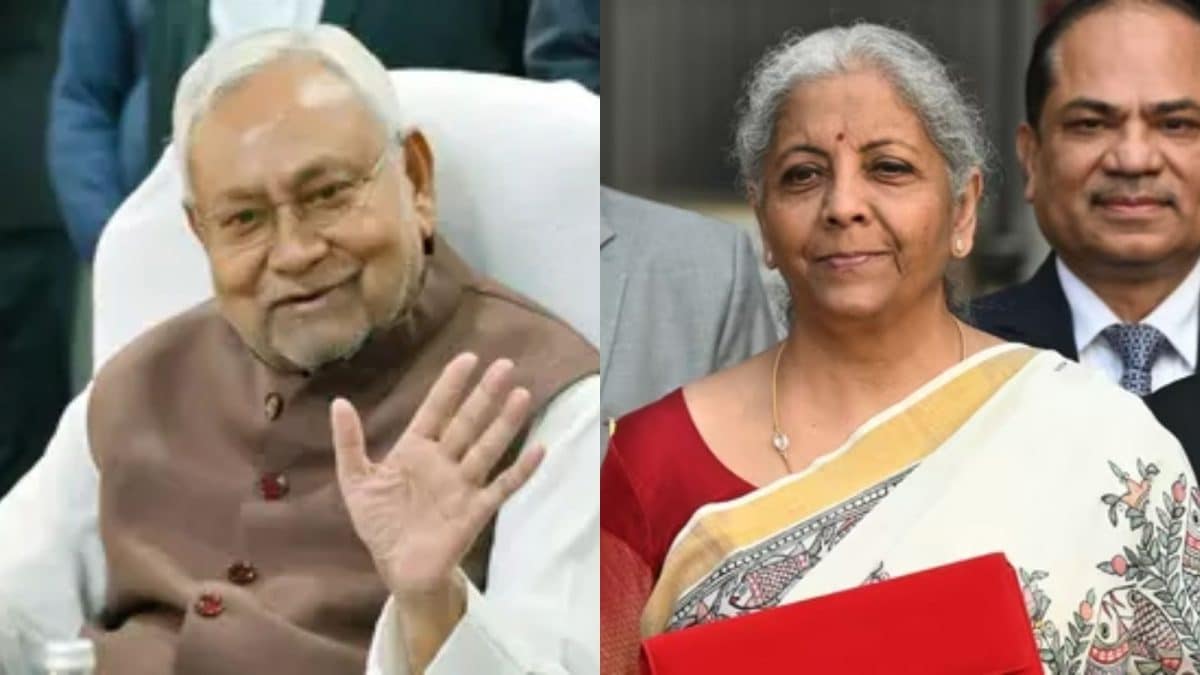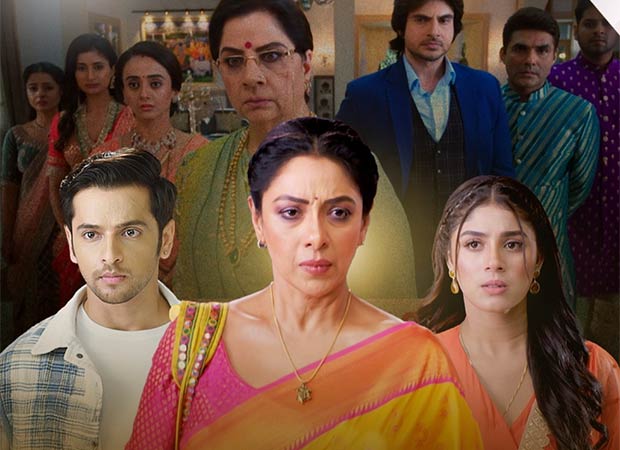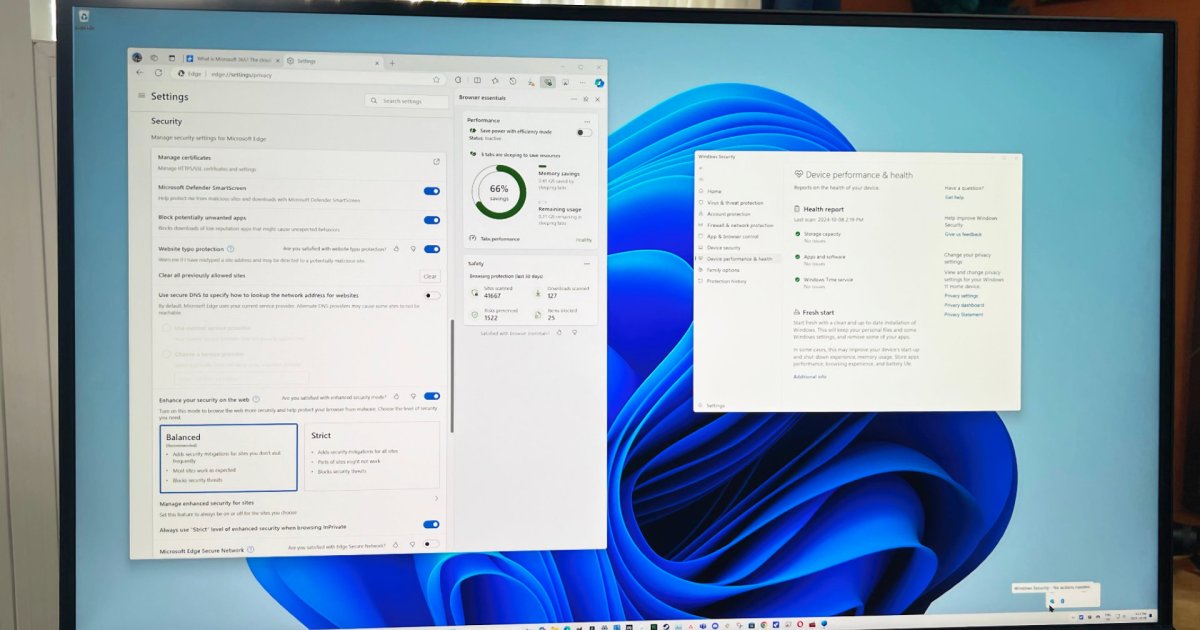Both the prime minister and the president of the Republic hold executive power in the French political system. But there is a reason why the names and the faces of French presidents are famous worldwide while the profile of French prime ministers usually doesn’t extend past the country’s borders.
The prime minister and his ministers are in charge of the day-to-day politics, they table laws in the parliament and implement them. It’s up to the prime minister, not the president, to defend the government’s priorities in parliament, to work out compromises with other political forces and settle potential divergences between ministries.
The president, who is directly elected in a separate election, holds more big-picture responsibilities: He usually represents France on the international stage, chairs council of ministers’ meetings, is the chief of the French army. He also has the power to dissolve the parliament, signs off on government decrees and to appoint the prime minister.
In this “two-headed” system, as constitutionalists sometimes call it, the balance of power between the president and the prime minister varies depending on the wider context of French politics at any given moment and who actually holds each office — especially if they are not from the same political camp.
But who really decides?
If the president and the prime minister are allies, the president has a bigger role and the prime minister is more of a loyal soldier charged with executing a legislative agenda. That was, for instance, the case under the outgoing government led by Gabriel Attal, Macron’s longtime pupil.
Things work very differently when the president and the prime minister are political opponents, a situation known in France as cohabitation, in which the president is obliged to appoint a rival as prime minister if his party loses a legislative election.







